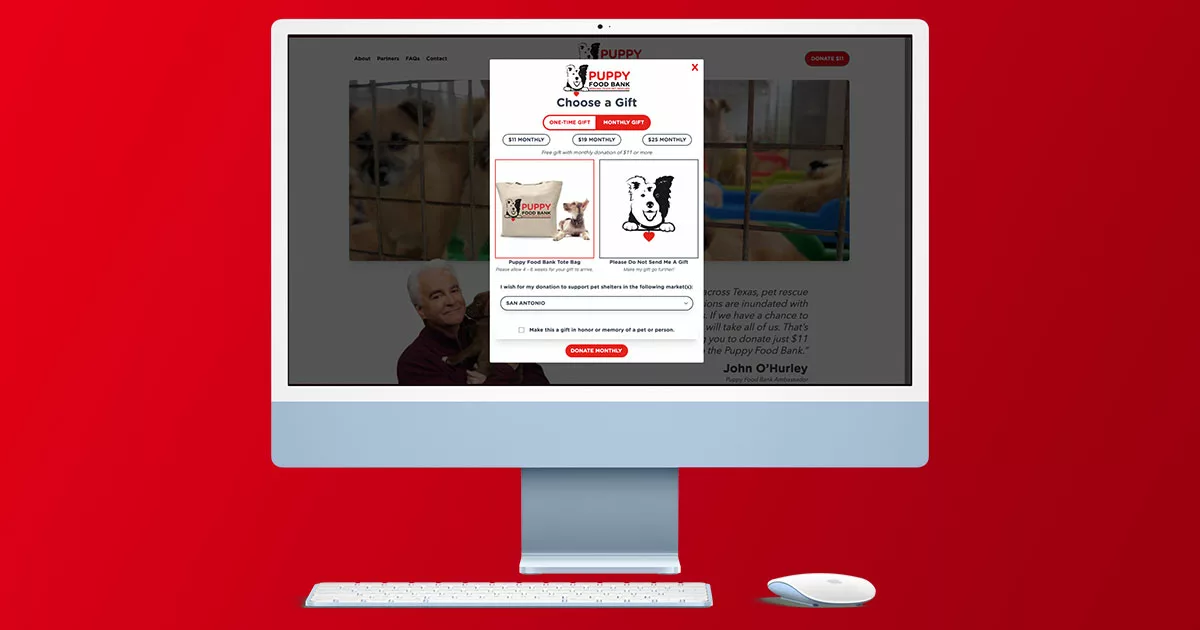Influencer campaigns have been trending for years in the marketing world. Recently, over 50% of marketers who invest in influencer marketing prefer to work with micro-influencers. Despite their relatively small audience size, studies have shown that micro-influencers consistently generate higher levels of engagement and traffic across various platforms compared to a majority of highly followed influencers. This could be attributed to the fact that although they are a public figure, they offer a more relatable connection with their followers.
It can be a challenge deciding what kind of influencer is best to partner with for your business which is why we’ve come up with a few key reasons micro-influencers could be the right fit for your marketing strategy.
What is a Micro-Influencer?
A micro-influencer has an active social presence and loyal following somewhere between 1,000-100,000 followers. Their role in the influencer world is that of a public figure and a smaller-scale, relatable individual that peak’s their audiences’ interest. Micro-influencers tend to be individuals who decide to make a living out of brand deals and digital promotion. Typically, their content concentrates on a specific topic, passion, or niche, positioning them as experts in their respective fields. About 47% of all creators are micro-influencers and generate up to 60% more engagement than macro-influencers. Whether a tech blogger or a traveling foodie, micro-influencers can tap into any industry and make a living out of it.
How Micro-Influencers Benefit You
Cost Effectiveness
Because micro-influencers have a smaller following and overall audience reach on their social platforms, they charge less than a celebrity or macro-influencer. This not only saves money, but also allows your brand to hire several micro-influencers with their own unique following to showcase across multiple audiences what you have to offer. Working with multiple creators who have unique audiences ultimately helps to expand the company/brand’s reach.
Authenticity and Passion for Your Brand
Prominent influencers regularly promote a variety of brands and products – it’s difficult to trust whether their opinions are true. Micro-influencers tend to be more selective in their brand deals depending on their niche and what their tight-knit audience would be interested in. Micro-influencers have a reputation for being more authentic than larger-scale influencers. This is partly because they are engaged and present themselves as genuine people on social media. Because of their high engagement rate with followers, they tend to trust micro-influencers more in terms of recommendations and promotions.
Niche market
Most micro-influencers represent a niche market and are experts in their field. For example, followers may go to a micro-influencer for their expertise in thrift and vintage finds. A brand such as ThreadUp, an online thrift store, could then hire a micro-influencer to promote their line of clothing, knowing the influencer’s audience will trust their content related to this topic
This gives brands a higher chance of targeting the right audience since most likely their followers have a shared interest.
More consistent engagement rate
Despite what some may think, micro-influencers experience some of the highest engagement rates compared to other types of influencers out there. Although they are public figures on social media, they are also perceived as regular people. Unlike celebrities and mega-influencers, micro-influencers have more time to devote to responding to their followers and results in a consistent engagement rate.
Conclusion
Overall, micro-influencers have proven to be a popular choice among marketers. As influencer marketing continues to grow and evolve, micro-influencers are expected to remain a crucial part of successful digital marketing strategies. If you have any questions or want to learn more about micro-influencers and the benefit they can provide for your business, contact us today and our team will be happy to assist.













